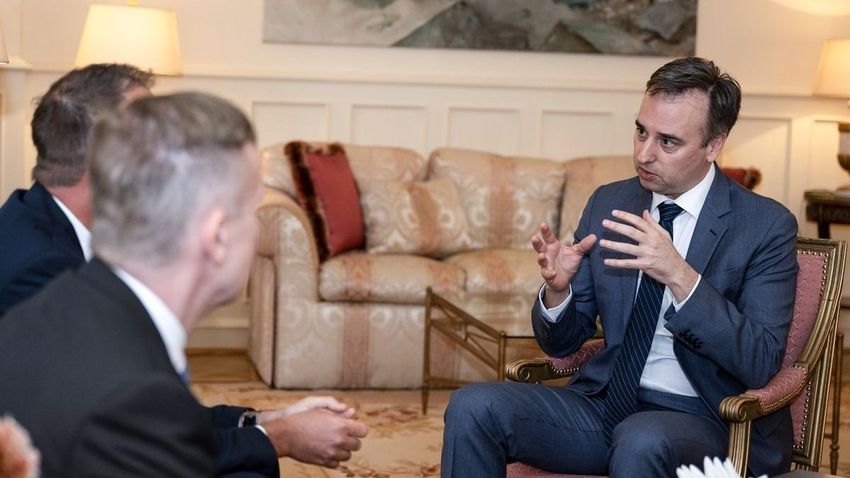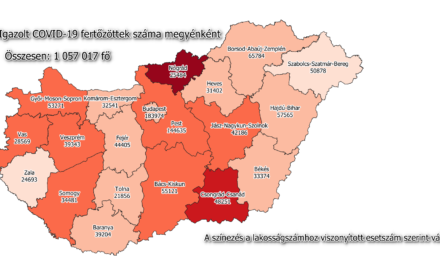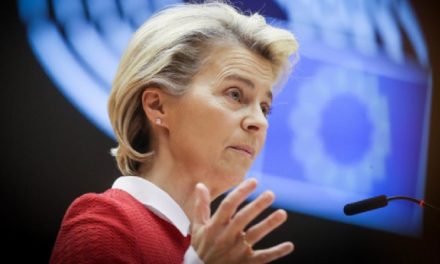OBT members, acting in this capacity, are not entitled to enhanced protection, the National Court Office wrote in response to Mandiner's inquiry.
Tempers are not calming down the visit . defended its two members, Csaba Vasvári and Tamás Matusik, in a statement over the weekend, but the president of the Kúria did not hide his opinion about the meeting, nor did Imre Vejkey, the president .
The OBH led by György Barna Senyei announced that
the justification and legality of the meeting is obviously debatable, so it can be the subject of well-founded criticism.
However, according to the office, the situation that has arisen is the result of a specific regulatory gap: the law on court organization and legal status does not differentiate sharply enough between the limits of the public role undertaken by a judge and that of a judge acting in a non-judicial capacity.
In the area of judicial activity, the rules clearly define the limits of declarations, the conflict of interest rules, and although OBT members are judges in terms of their status,
in the situation in question, they did not actually act in their capacity as judges, but in their "positions" created by the OBT - without a legal basis under public law - such as the spokesperson of the OBT and the member responsible for international relations of the OBT
explained the OBH.
In response to the question of whether it was necessary to investigate the case, the office wrote: the OBH does not have administrative powers over the OBT, so it cannot control the activities of the OBT members, the scope of their duties, and their behavior during the performance of these duties, according to the legislation, as well as the written and unwritten rules of ethics.
However, their accountability has not been substantially resolved in the current law, they stated.
They added: at the same time, it must be stated that OBT members, acting in this capacity, are not entitled to the enhanced protection that judges are entitled to during their judicial activity.
If a member of the OBT undertakes a public role in this capacity, it creates an exceptional status as a public figure, in which case he is obliged to tolerate a higher level of criticism
- emphasized the OBH in its response, adding that the criticism cannot in this case be offensive to human dignity either.
Featured image: Twitter












